|
4/28/2022 Sam Strives For 55 - Week FifteenHere is week 15 of Sam's reading journey, the metrics and first week can be found here The Condemnation of Blackness: Race, Crime, and the Making of Modern Urban America by Khalil Gibran Muhammad
4/26/2022 We Became SnakesGreg Ginn, SST Records, and the New Book "Corporate Rock SuckS" by Jim Ruland - H.What happens when the sons of a Tuskegee Airman, a bait and tackle shop owner, and an aspiring spy novelist meet the garage band who lives next door to rock legend Joe Walsh, in the shadow of the record industry's Payola scandal and the live music industry's pivot towards bar bands doing covers? It sounds like the setup of a Thomas Pynchon fever dream, but is in fact the catalyst for the indie music scene as we would come to know it from the 1980s through present day. "It shouldn't have worked. But it did." Until it didn't... I have loved Jim Ruland since the night I met him at Todd Taylor's house several years ago after a Razorcake/Gorsky Press podcast recording I did with Myriam Gurba and John Ross Bowie. So yes, I was going into reading his new book "Corporate Rock Sucks: The Rise and Fall of SST Records" (432 pages, Hatchette Books) with some bias. I also went into it with a preconceived notion as to what it would cover and in what detail, as so much of the Black Flag story has been told before in the published journals of vocalist Henry Rollins, and the punk rock and hardcore scenes of the early 1980s have already been so well documented - I don't know many punks who haven't watched the Youth Brigade/Social Distortion tour drama unfold in the documentary "Another State of Mind," or hasn't read all there is to know about the New York CBGB or Washington D.C. scenes in any one of a number of books covering those. But like a family trying to enjoy a day at Polliwog Park and instead witnessing Ron Reyes and Dez Cadena wrestle in front of a drunk and screaming Keith Morris, I stumbled onto more than I had expected. The author behind the co-written autobiographies of Morris (My Damage) and Do What You Want by Los Angeles punk institution Bad Religion (as well as an upcoming memoir by Evan Dando of The Lemonheads) has gone way beyond just filling in the blanks of Black Flag and SST Records founder Greg Ginn's role (without his participation in the book, even!). Ruland has given America its own England's Dreaming, chronicling the birth of indie music in the way Jon Savage chronicled the birth of UK punk. He spray paints the walls with a complete portrait of not only "ground zero for the early LA punk scene," but how a DIY touring circuit built by Chuck Dukowski and sympathizers across the country, college radio and small record shops, and late night hours MTV programming formed the culture of what came to be known as "alternative music." Not the subculture, but the blueprint for indie music as we are still experiencing it today. Ruland draws from decades of interviews published in zines only seen by a fraction of today's current music listeners, conducting original research and interviews, and linking together factoids, anecdotes, and material written from such fellow historians as Michael Azerrad, Jimmy Alvarado, and Stacy Russo (two of whom I may have spent a minute or hour or two alongside at a zine fest - here's a clue, it ain't Michael). This unearths some previously obscured truths. For instance, many of us watched Penelope Spheeris' "The Decline of Western Civilization" on VHS tapes years and years ago, but things I discovered from this book included that Morris had pitched singing for Black Flag on camera after he was already out of the band and after Reyes was already their new vocalist. Ginn and company declined, but got in the movie anyway. Also, that the documentary was more of an ad for Slash Records bands (I hadn't known Speeris was married to then new owner of the label) and, as Ruland tells it, a precursor for reality television rather than an infallible document of the era. Even the genesis of "slam dancing" is revealed to be partially a fabrication by Los Angeles Times writer Patrick Goldstein, which "caught on and gained cultural currency outside of the scene," Ruland writes, "much to the irritation of punk rockers in L.A." That the first drummer of Sonic Youth is the same guy who played one of the joyriding valets in "Ferris Bueller's Day Off" is a fun piece of trivia some of us may or may now know, but how many of us knew Ginn turned into a pot-smoking techno-loving Deadhead, or that "The Simpsons" creator Matt Groening contributed album art for Henry Kasier, or that Speaker of the House Nancy Pelosi's daughter was an SST intern, or that director of terrible film "Arlington Road" Mark Pellington was the MTV employee who helped get Bad Brains in rotation on "120 Minutes"? (Hey, I'm allowed to make fun of that Jeff Bridges/Tim Robbins mess I saw at midnight in 1999, because I am such a devotee of Pellington's other work like the most poignant music video of all time, The Connells' "'74, '75" --- I'm your sorry ever after, Mark!) Ruland also helps crystallize the surprising chronology of SST's rise and fall, including how the infamous Ginn-vibes-Dukowski-out-of-Black Flag story made famous by Rollins' Get In The Van, while true, still preceded many, many, many years of activity Dukowski took on with and for Ginn and SST --- what kind of cult leader was this Greg Ginn? And speaking of cults... with Ruland's eagle eye view, he is in hindsight able to find patterns that make for a compelling read and explanation of pop culture phenomenon, such as tracing the influence of the Charles Manson "Helter Skelter" panic through SST artist (and Ginn brother) Raymond Pettibon's work, the "Creepy Crawl" shit-disturbing that was more than a Rollins tattoo but also Ginn's philosophy about confronting audiences, and all the way through "Death Valley '69" by Sonic Youth, who would eventually join the SST roster, and the unsettling creative output and social engineering of Negativland. Ruland also covers the ups and downs of SST and Ginn's work with The Minutemen, The Meat Puppets, Screaming Trees, and Soundgarden, among many others - and you don't have to be, say, a Dinosaur Jr. fan to find it interesting how they came to be part of the tribe, and then where relationships came apart. And came apart at the seams they did, after Ginn made shortsighted decisions like turning down Nirvana (it's Sub Pop's back catalog that saved their asses during the grunge explosion), delaying release after release and holding back pay for the bands that helped build SST while turning it into a vanity label for his myriad of noise projects, channeling his penchant for indignant letter writing into prolific litigation against his own bands, starting and starring in an ill-fated "humorous" radio show years too early before the comedy podcast boom, a bizarre 21st century "Black Flag reunion" in name only at a feral cat benefit, and dumping money into brick-and-mortar "Superstores" and "Idea Rooms." Ruland and his subjects tell all, or at least what they feel like they can say without getting sued (though the unraveling of contracts as they got scrutinized demonstrate that Ginn has rarely had a legal leg to stand on). The biggest reveal of Corporate Rock Sucks is not gossip about who Mugger was sleeping with, or Rollins coming off as pretentious as he dived more into spoken word and performance art - it's that SST wasn't a punk label, not really. SST was truly an avant-garde pioneer. Yes, it had its roots in the previously established punkzine DIY ethic, Ginn seeing bands like The Last put out their own records like zinesters were putting out their own magazines. But as more money came in and Ginn's creative aspirations expanded, he enabled a lot of weird and wild projects to get their work out into the world. However, this Garden of Eden would eventually fall to the same greed and destructive hierarchies that snake their way into all counterculture communities and radical movements eventually. Ruland's book ends with a call to action, advocating for Ginn to release long dormant works back to their artists so that they may preserve the legacy of the music. It's idealistic, it may be a lost cause, but how appropriate is that, all punk considered? h. is the Meow Meow Pow Pow blog editor and frequent interviewer, a fiction writer and pop culture essayist, and took very good home buying advice from Todd Taylor of Razorcake. His own punk side story is collected at HubUnofficial.com.
4/24/2022 LIFEHACKS - Sun Apr 24 2022Jesse Bradley believes that what Ron DeSantis and his prostate has in common is that they both take the piss out of him far too much. Follow Jesse on Instagram at questionabledecisioncomics.
4/21/2022 Sam Strives For 55 - Week FourteenHere is week 14 of Sam's reading journey, the metrics and first week can be found here Ender's Game (Ender's Saga #1) by Orson Scott Card
4/18/2022 Salt: a Chorus BlogChorus Blog is our opportunity as the team behind Meow Meow Pow Pow to share our interpretation of the themes we ask writers to submit work for. Here is our Chorus Blog on... "Salt." Incantation For Returning - Marie MarandolaIn the desert, you are secret salt. Secrete a pinch of sweat over your left shoulder into the face of the devil who lurks and doubts you there. Bless the place behind you where weeds tumble in the dust. What did you love the most when you were ten? It wasn’t crying. Write your love. Make your love into a sigil, seal it, and at midnight, salt it with your frozen tears. After the remodel, there will be no corner, no teacup to stare into. Plant yourself in the center instead and send your tendrils widely, wisely. Raise your arms and spine, a cactus echoing a prayer. Girls With "M" Names InevitablY Break My Heart - h.M is the 13th letter of the alphabet Lucky me And I wish you could see the mountains around me on this long road But I know you will never ride on that drive with me Explore the ghost towns and look for abandoned mines I wonder if these were the ones they searched for salt You’d know better than me And I’d play whatever music you wanted to hear on the AUX But you’re not here And I already turned the stereo off Salt v. Oil: A Sonnet - Levi Rogers“You are the salt of the earth. But if the salt loses its saltiness, how can it be made salty again? It is no longer good for anything, except to be thrown out and trampled underfoot. 1 You were supposed to be Salt of the Earth Instead, you became an Oil Spill: leaking into the Bay. Mni Wichoni.2 Waterlife. You serve Mammon and Might, not the poor or orphaned. Bow to the Bull and not to Brother Sun and Sister Moon. You forget where You come from (And the Devil salts the Earth with your hypocrisy, for all to see). But I understand You understand Your self to be doing the right thing by yours even as I understand you to be the enemy As I am to you, too. Remember your first love? How the grass felt between your toes. Do it like that again, again. 1 Matthew 5:13 2 “Water is life” in Lakota. Salt Flats - Jane-Rebecca CannarellaMargie showed me a photo of herself at my age. The creamsicle walls of her home office bounced the midday spring sunshine into prisms, too many windows in one space. We had been talking about the possibility of me taking a vacation after a year of work as her assistant with no time off. She explained that vacation was earned while she adjusted the neckline of her navy-blue sweater, her favorite color. “Nurse staffing agencies don’t have the luxury of taking a week off, ya know?” I looked out the glass doors and watched her dogs play in the yellow green of the grass in her large, fenced backyard, the spring in Norristown, Pennsylvania was especially dry that year.
While I worried a scab on my knee, and watched the dogs romp, and wondered about a future away from the world of the home office where the phones always rang, Margie had fished a photo out of the sanded wood drawer from her desk. Margie did not keep many memories; the photos were few. “You need to see this. When I was your age.” The gloss of the photo created a glare, and she shimmered the image back and forth until the sun stopped its pestering. The mirage of Margie went in and out of focus, the extension of herself traveled through time: the Margie in her home office and the Margie thirty-five years earlier at twenty-three. Somewhere in between the thread of then and now, was a curious life, once wild, and now the comfort of a deep couch cushion. She was long and tanned, in cut-offs and a button down haphazardly buttoned, the wind pulled at her clothes while she stood in front of a black motorcycle against the backdrop of the Bonneville salt flats in Utah. The white behind her looked like snow. Her shoulder length blonde hair was tangled by the wind and whipped in front of her face, brightly smiling. “My boyfriend Dave, my God was he handsome, we drove across the country from Buffalo to Utah on his bike. He was crazy about me. You should have seen him.” She motioned the photo to me while she spoke, like the emphasis of Dave’s handsomeness could be shaken out from behind the picture that he took on their road trip. I nodded. Twenty-three-year-old Margie’s smile flashed back and forth with the gesture. “You don’t know what it’s like to be beautiful one day and then wake up and see a stranger the next.” I threaded my fingers through my curly hair to tame it into place, bundled at the top of my head in a lopsided knot, while she spoke to me but addressed the person in the photo. “I think I’m hungry,” I told her bent head. *** I went into her kitchen and cooked Dinty Moore beef stew in the microwave. When the ding of the finished food was up, I grabbed the stew with paper towels and watched the steam curl upward into my face. I poured a layer of salt straight from the blue cannister across the bubbling beef stew, a food that I hated but could afford in multiples and not overdraft my bank account. Over salting the stew was the only thing that made it bearable to eat, the bitter crystals pulled the moisture of the steam into their tiny bodies. I hated the tinned food, but I always did love salt. I sank a spoon into the quicksand. *** Back in the office, Margie still held the photo and looked at herself tenderly. With her eyes on the photo she said, “make sure you don’t waste being young.” 4/17/2022 LIFEHACKS: Sun Apr 17 2022Jesse Bradley believes Jesus is the first documented zombie. Check out his cartoons on Instagram at questionabledecisioncomics.
4/14/2022 Sam Strives For 55 - Week ThirteenHere is week 13 of Sam's reading journey, the metrics and first week can be found here American Born Chinese by Gene Luen Yang
Final Rating: ★★★★★
by J. Richard KronHere’s a fun science fact for you: food is important. Not only does it make our survival possible (It’s true!), but it also stirs up a cornucopia of responses and memories. So why are there so few books that give food the proper respect? And by books, I don’t mean cooking guides or anything else you’ll find in the culinary section at Barnes and Noble. I mean literature that conveys dining as an important life experience, one that’s on par with if not more significant than human love. Alas, such a work of literature has arrived. It is entitled After Tonight, Everything Will Be Different (Three One G Records), and the author of this book is rural Kansas-resident Adam Gnade (pronounced “guh-naw-dee”). The novel’s cover says it all: a hand is pouring hot sauce on a big burrito, a bottle of Jarritos soda watches from the side, and a blurry Mexican Food sign hovers in the background. Speaking as an Arizonan, this image strikes a massive emotional chord in me. And that’s the point: food=emotion. As Gnade tells stories about his upbringing in San Diego (the setting for a lot of his other books as well) and his travels across the country, the real stars include Cactus Candy, the Tuna Melt, the Wendy’s Frosty, Nacho Cheese Doritos, and so on. They’re the stars of their respective scenes, but they also coexist with all of the people associated with them. Which is another point: food=connection. I sat down with Gnade via Zoom to talk about writing, inspiration, and of course, burritos. What meal have you been really into lately? I tend to stick to Mexican food. One of my favorites is a bean, rice, and avocado burrito. I have a recipe for the beans to make them amazing, then the rice is Spanish Rice style with vegetables. I do avocado instead of guacamole because I want it to be pure, without having extra stuff in it. Good tortillas are important too, which are hard to get where I’m at. When did you start writing? I started writing with a purpose when I was 18. I read an article in a travel magazine about a little fishing village in Portugal. The stories hit me on a very visceral level, and I wanted to write my own version of this about my own life. My life was super boring, but I wrote about what I did during my day, and tried to make it in the style of this magazine article. Who were your main inspirations for this particular work? For this one, I had just finished reading Maggie Nelson’s Bluets. It’s a bunch of tiny vignettes about the color blue, but it goes all over from love to death to caring for a sick friend, and uses blue as the theme. So I thought I should do something themed. My books haven’t been before, they’ve just been about my life. And this one is too, but it was nice to write about food and have it be more about friendship and trying to survive. This book focuses on food experiences that you’ve shared with loved ones, some of which was while traveling. How did the ongoing pandemic shape how you wrote about these experiences? I’ve lived in isolation for a dozen years. I’m out in the country and I only see friends when I’m on tour. I thought isolation was something that I needed, but I got pretty wigged out being in true isolation for the last few years. I realized how much I really needed people in my life. So I needed to write about these characters to reconnect with my friends. Since writing the book, I’ve reapplied myself to being a social person. Regarding your emotional connection with food: is that something you’ve always consciously felt? Or was there an epiphany where the emotional importance of food really came into focus? It’s always been very important to me. Every one of my books have a lot of food scenes. Some of them have recipes that I’ve snuck in, something a character is making. It’s self-medicating, it’s a way to bring friends together, and it’s a way to get out of my head. I grew up in San Diego, and in our subculture there, there were and still are a few places that were as important as venues or bookstores. We would go there to check in with ourselves and our culture and what tribe we were a part of. What are your upcoming projects? I’m writing a book about what it was like to write for an online version of a newspaper right when the internet became a thing. It takes place over the course of four days, and it’s more about what it was like to be alive at that time. It fits into the food book, which talks about working for that place. It has the same characters as my other books, which are all autobiographical. I also have an audiobook cassette label (Hello America Stereo Cassette), and we have a record coming out every month. I release my own tapes of writing on it as well. The idea is to build a community of people who do audio literary stuff. My first autobiographical fiction stuff was done as audio files, and it kinda sucked because there wasn’t anyone I really liked who was doing the same thing as me, and it was frustrating. So I wanted to find other people doing what I was doing, and we can be friends and start a little community. That was another thing that came out of the pandemic. During the really bad parts of isolation I thought, “I really need to have new friends and connect with people.” Anything else you want readers to know? My novels and cassettes and vinyl are part of one universe. It’s all part of the same greater project. I have my own idea of the order to read them in, but you don’t have to read them sequentially like Harry Potter or something. People can read them and start to notice characters that show up and continuous storylines. That’s my life’s project that I plan to do until I’m dead. J. Richard Kron is a writer and musician from Phoenix, Arizona. He holds a BFA in English from Arizona State University. His writing has appeared in YabYum, OUTVoices, Deadbeat Poet Society, Mojave Heart Review, and De'Lunula.
4/10/2022 LIFEHACKS - Sun Apr 10 2022Jesse Bradley works long hours to give his cats the life they deserve. Follow him on Instagram: @questionabledecisioncomics
4/7/2022 Sam Strives for 55 - Week TwelveHere is week 12 of Sam's reading journey, the metrics and first week can be found here Manga Shakespeare: Much Ado about Nothing (Manga Shakespeare) by Richard Appignanesi (Adapter), William Shakespeare, Emma Vieceli
Final Rating: ★★★★
|
AuthorOur fabulous blog team Archives
June 2024
CategoriesAll 12 Songs Art Art And Athletes Book Review Chorus Blog Date This Book Game Of Narratives Guest Blog Letter From The Editor Lifehacks Movies Of 2019 Music Pup Sounds Smackdown Strive For 55 Summer Playlists |

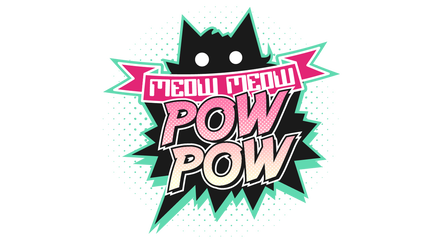
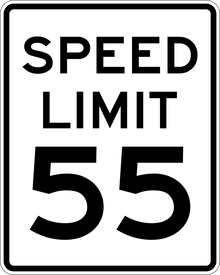
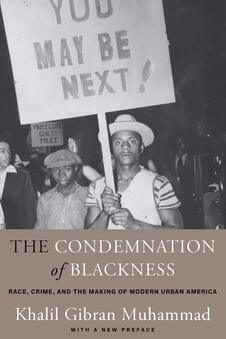

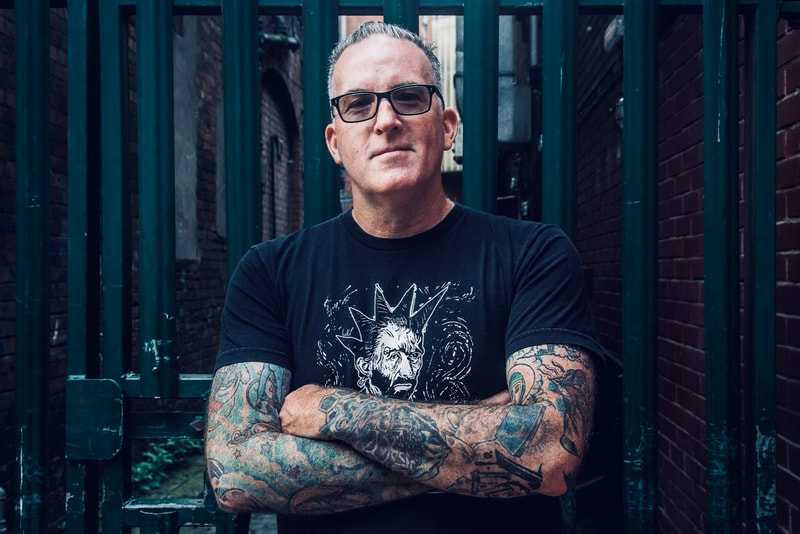
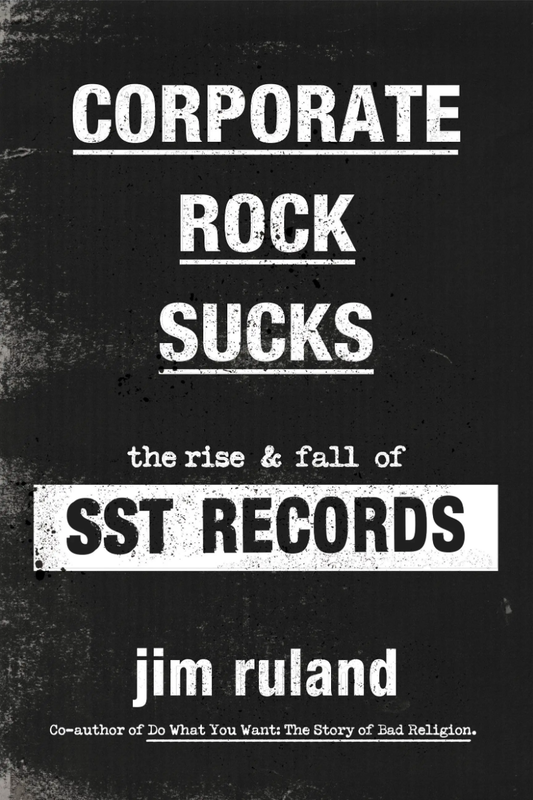

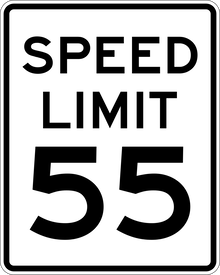
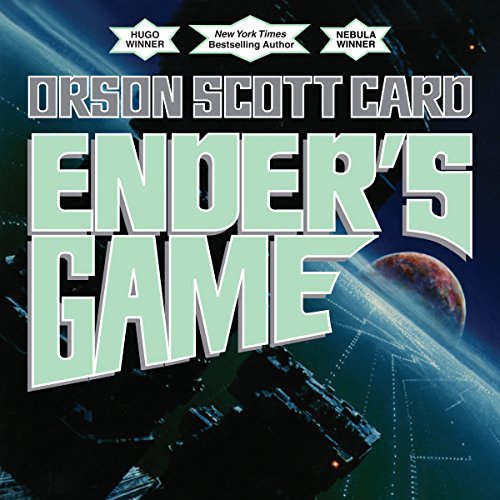

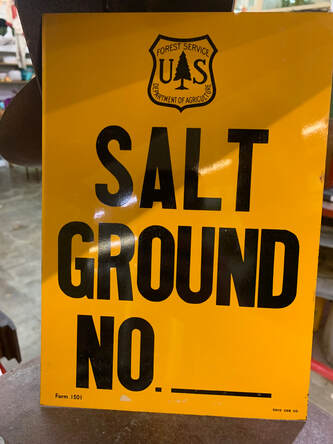
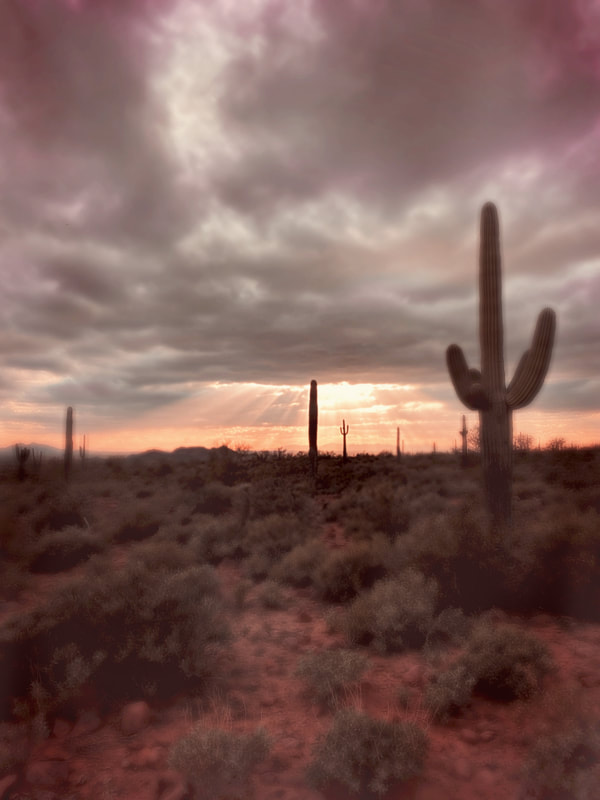

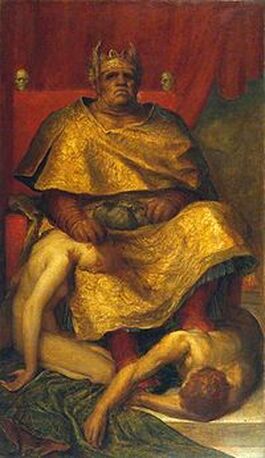
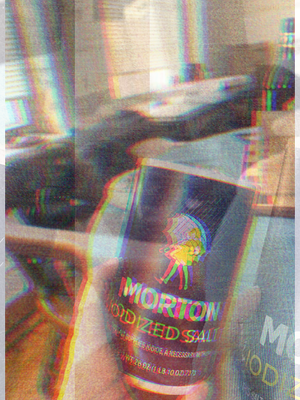

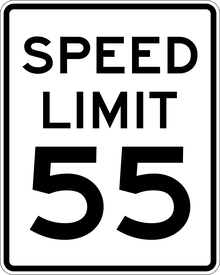
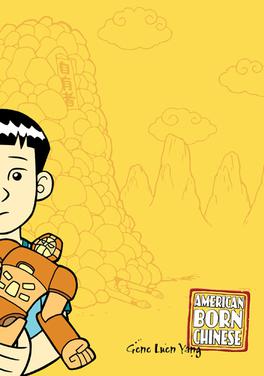


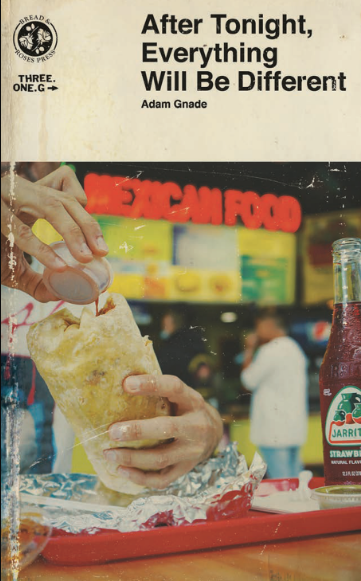
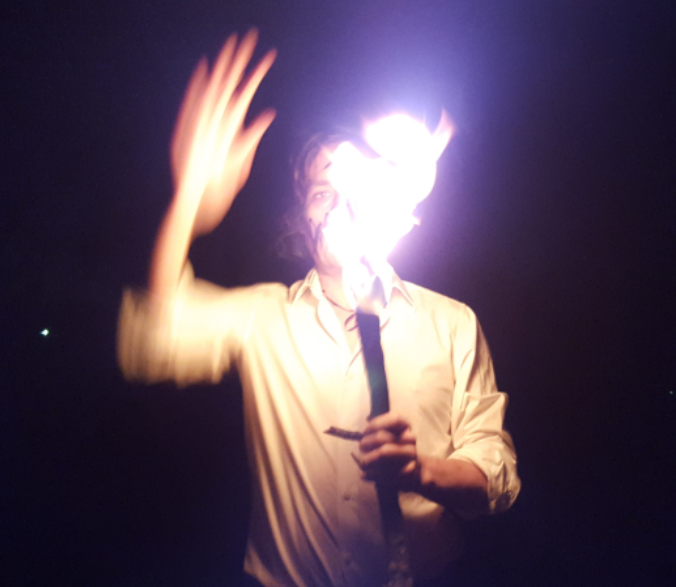

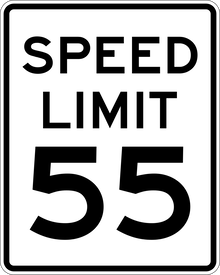
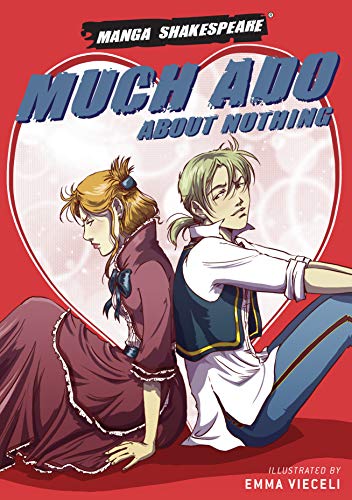

 RSS Feed
RSS Feed